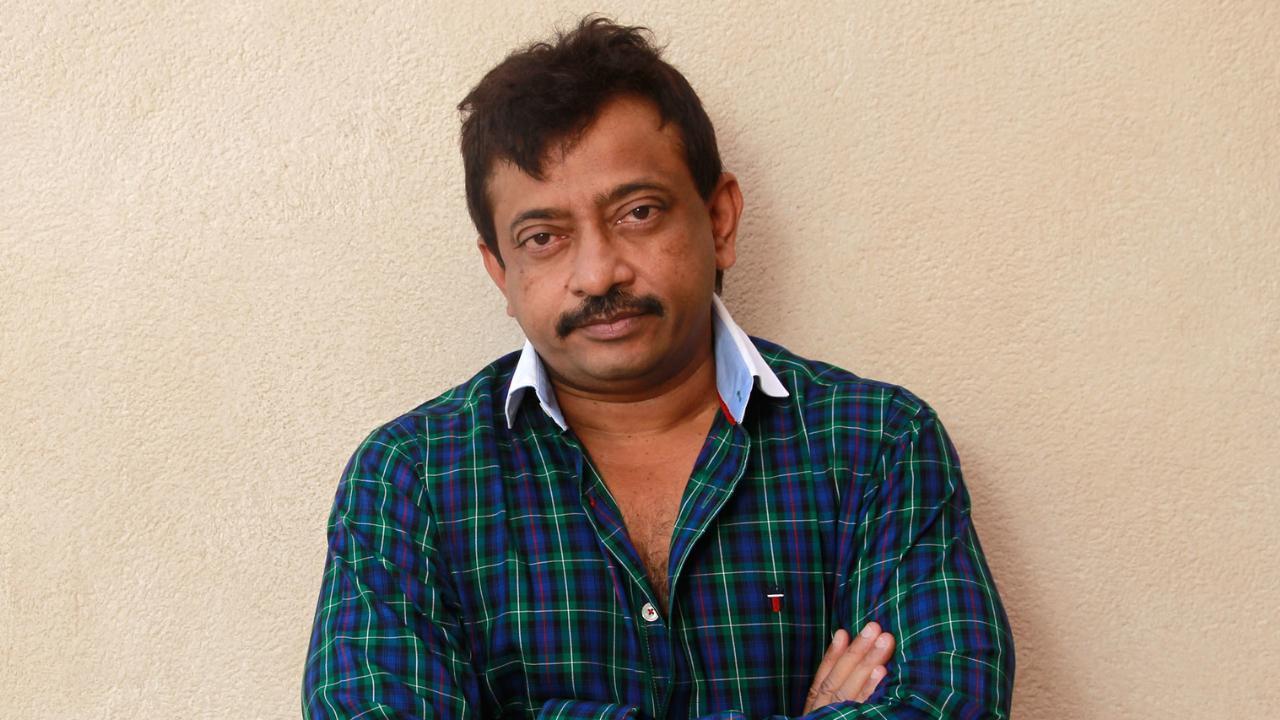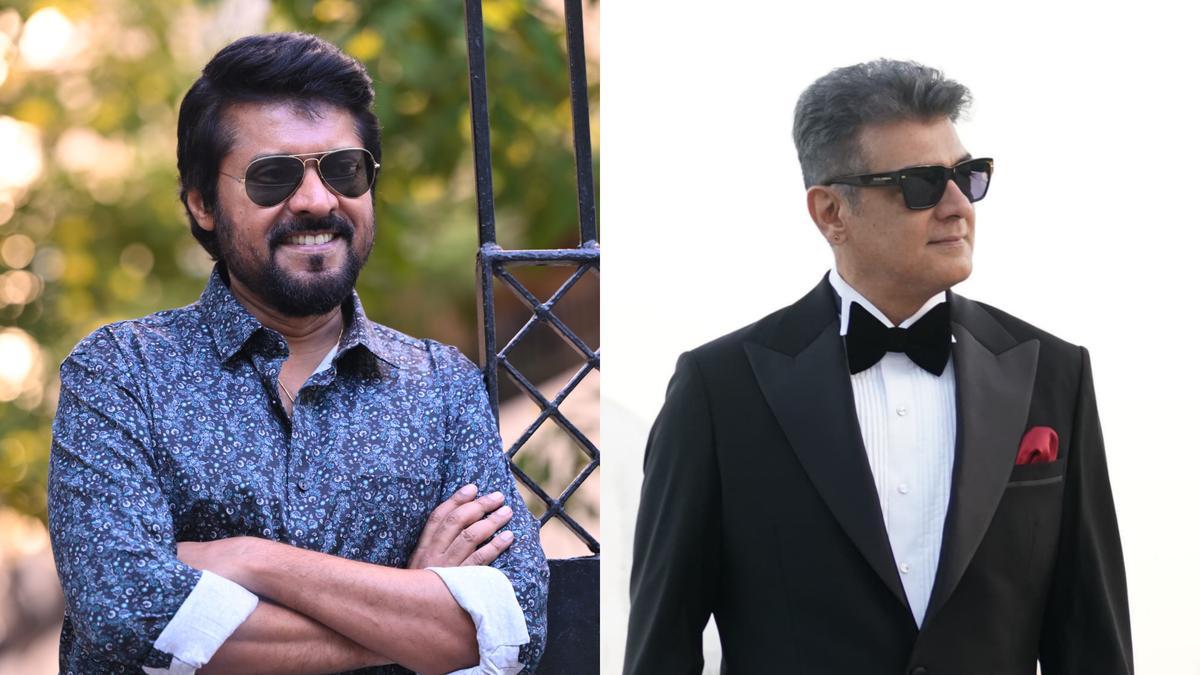
Some seasoned performers take advantage of early-season concerts to delve into musical experimentation, often teasing audiences with uncommon selections. The Malladi brothers, Sreeramprasad and Ravikumar, graced the stage of Mylapore Fine Arts Club with what seemed to be a well-thought-out strategy that promised and delivered a refreshing palette of surprises.
Opening the performance with a vibrant tempo, the brothers chose ‘Rama neepai’ in Kedaram by Tyagaraja, setting the stage alight and synchronizing the mood among the percussionists for the rest of the evening. The subsequent Sriranjani alapana was delivered with creative discipline, staying true to traditional contours. ‘Ini oru ganam unai’, a creation of Papanasam Sivan, featured an impactful niraval at ‘Ini oru ganam’ and was complemented by Karthik Nagaraj’s violin, marked by his notable jaru slides.
Known for their dedication to lyrical fidelity, the Malladi brothers continued their concert with ‘Kshitija ramanam’ in Devagandhari by Dikshitar at a tempered pace, ensuring the energy did not wane. Following this, the brothers presented their first surprise of the evening – a foray into the realm of raga Kantamani, a rare protagonist in the realm of major concerts. Ravi Kumar navigated the raga’s intricate boundaries with an eloquence that masked its complexity. However, the subsequent Tyagaraja kriti ‘Palintuvo palimpave’ in the same raga drew attention to the creative constraints posed by such ragas, perhaps leading to a momentary deviation from the brothers’ typically unwavering musical path.
‘Shifting tones, the brothers then brought ‘Marivere gati’ in Ananda Bhairavi by Syama Sastri into the fold. This timeless piece – familiar territory for Carnatic enthusiasts – was rendered with the dignity it commands, a testament to its lingering charm over countless renditions. But the brothers did not rest on their laurels; they next chose Mayamalavagowla for the main piece of the night. Their extended alapana, although initially engaging, eventually led to a sense of sonic saturation. Nonetheless, ‘Devisree’ by Tyagaraja, a hymn to Goddess Tulasamma, was exquisitely handled, showcasing the brothers’ stronghold on traditional repertoire. The accompanying artists seized this opportunity, exhibiting their proficiency with not just support but with commanding musical assertions during the swaras at ‘Pavani’.
Proceeding from the demure timbres of Mayamalavagowla, ‘Pooraya mamakamam’ in Bilahari by Narayana Tirtha infused a contrasting dynamism into the concert. As the evening drew to a close, the Malladi brothers presented ‘Vishwanatha kasipathe’ in Pahadi, and the delightful ‘Itali kante’ in Navarasa Kannada by Annamacharya, setting a lively conclusion with a vibrant chittaswaram composed by their grand-guru, Pinakapani.
It was evident throughout that the Brothers sought to curate an experience that spanned a wide emotional spectrum through their choice of ragas. A concert officially resting on the seldom-heard pillars of Kantamani and Mayamalavagowla is nothing short of an experimental endeavor. Indeed, the absence of the more robust ghana ragas was conspicuous, perhaps even more so given their usual strong presence in standard concerts.
The accompanying violinist, Karthik Nagaraj, overcame an initial reticence to blossom throughout the evening, particularly during his alapana and niraval. The subtlety and presence of Palladam Ravi on the mridangam, complemented by Ghatam Suresh and K.V. Gopalakrishnan’s deft kanjira play, formed a formidable ensemble, each artist enhancing the overall performance with their competence. This synergy was especially apparent during the succinct yet captivating tani avaratanam.
The Malladi brothers, always striving to balance innovation with tradition in their musical journey, offered an invigorating concert as part of the dignified Mylapore Fine Arts Club’s 72nd Art Festival. Their willingness to venture into less traversed musical territories offered both an exploration for the seasoned listener and a showcase of versatility and skill for all who had the pleasure to be in attendance.










